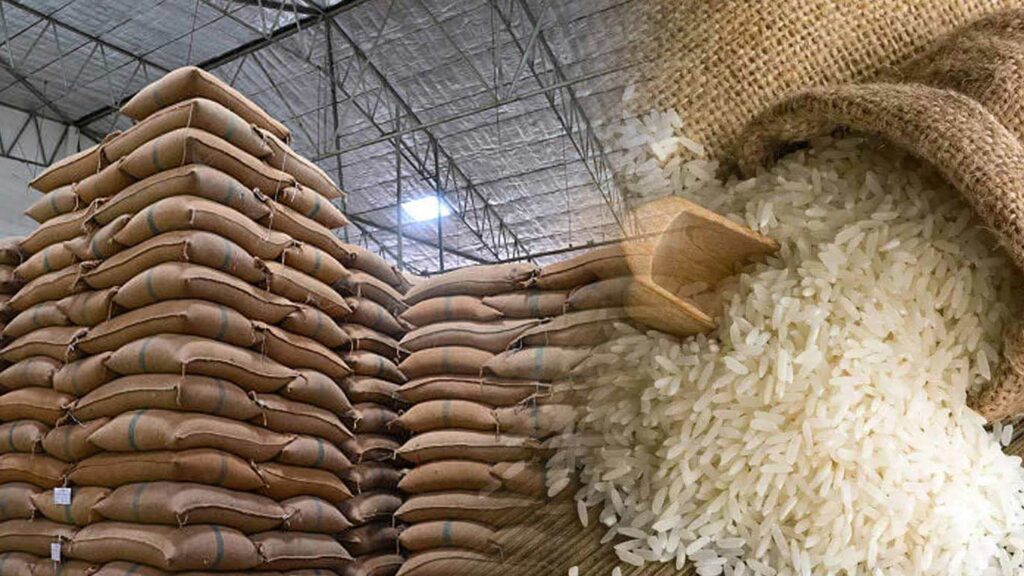New Delhi, May 5 (KNN) In a historic move, India on Sunday released two genome-edited rice varieties — Kamala (DRR Dhan-100) and Pusa DST Rice 1 — marking a global first.
These varieties are expected to boost per-hectare yields by up to 30 per cent and mature 15–20 days earlier than current options.
Union Agriculture Minister Shivraj Singh Chouhan said the new rice types will require less water and reduce greenhouse gas emissions.
Unlike genetically modified crops, genome-edited varieties do not contain foreign genes, making them more acceptable and less regulated under Indian law.
“These seeds will take 4–5 years to reach farmers through the standard seed certification process, but we aim to accelerate that,” Chouhan said.
The varieties were developed through genome editing of two popular rice strains — Samba Mahsuri and MTU1010. The improved versions offer better stress tolerance, higher yields, and resilience to climate challenges, without compromising on grain quality.
Large-scale trials showed Kamala improved yields by 19 per cent over Samba Mahsuri, while Pusa DST Rice 1 showed up to 30 per cent higher yields depending on soil conditions.
Initially, the seeds will be distributed through government-run agencies. The Indian Council of Agricultural Research (ICAR) began this work in 2018 and plans to apply for intellectual property rights for the new varieties.
Chouhan also announced a new outreach initiative where ICAR scientists will visit farms twice a year to bridge the gap between research labs and farmers.
This breakthrough is part of a larger Rs 500 crore push to advance genome editing in Indian agriculture, with nearly 40 other crops currently under development.
(KNN Bureau)
















